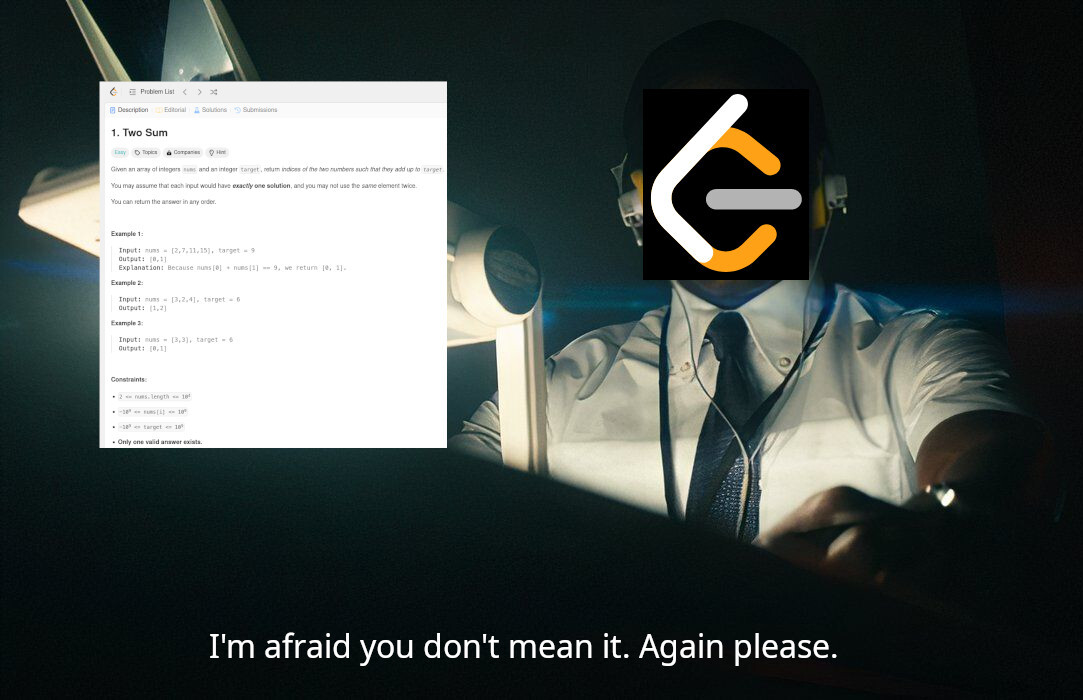Ah, yep. FUTO License is neither Free™ nor Open Source™ (nor are they trying to be). However, they still allow users to see, modify, and distribute code.
You may use or modify the software only for non-commercial purposes such as personal use for research, experiment, and testing for the benefit of public knowledge, personal study, private entertainment, hobby projects, amateur pursuits, or religious observance, all without any anticipated commercial application. You may distribute the software or provide it to others only if you do so free of charge for non-commercial purposes.
But, yeah, they're aiming for something different.




TIL! Interesting!